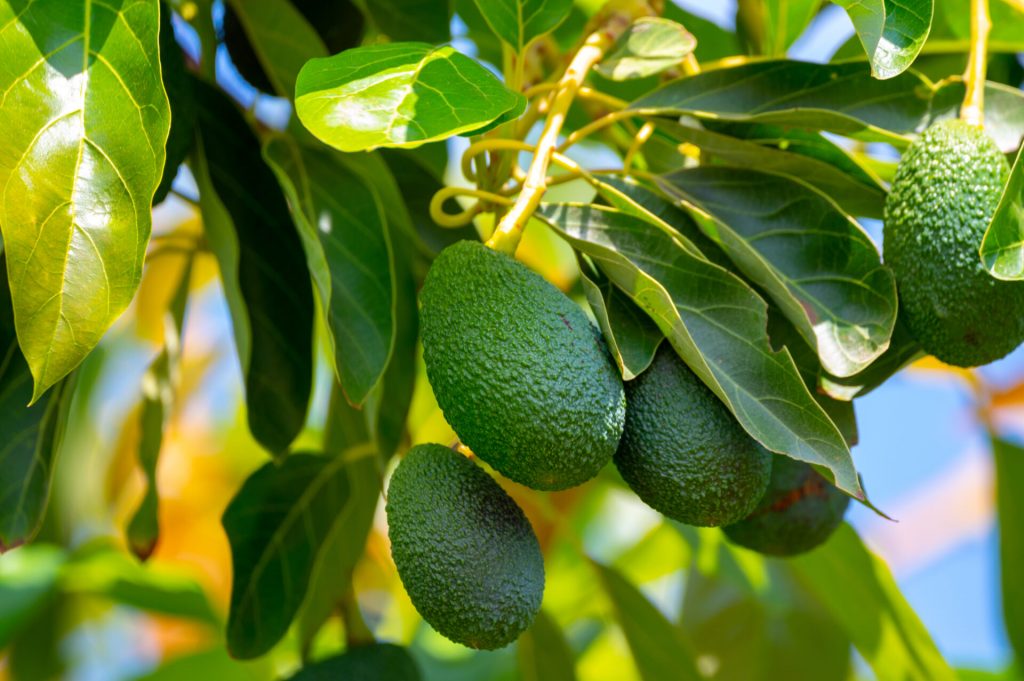
Horticulture and fresh produce farmers and exporters in Kenya are grappling with significant losses just as they enter the peak export season. Several international airlines have withdrawn their freight services at Jomo Kenyatta International Airport (JKIA), citing lower returns compared to other routes.
This withdrawal poses a serious challenge to the sector, which generated Sh157 billion ($1.21 billion) in export earnings in 2023, according to the Agriculture and Food Authority (AFA).
The situation has been exacerbated by the ongoing Red Sea crisis, which has increased transit costs through the Suez Canal by $200 (Sh 25,795.06) per reefer container and extended delivery times by 10 days. As vessels reroute through the Cape of Good Hope to Europe, the delays compound the challenges facing exporters.
Agayo Ogambi, CEO of the Shippers Council of Eastern Africa (SCEA), has called for urgent government intervention to address the logistics crisis at JKIA. He suggested allowing temporary approvals for freighters to meet the current shortfall, estimated at 800 tonnes, and proposed wet-leasing cargo airlines to fill the gap. “The situation at JKIA is dire. We’re facing a capacity drop of over 800 tonnes compared to last year, leading to delayed deliveries and significant losses for farmers and exporters,” he stated.
Sources indicate that major international cargo airlines, including Qatar Airways and Turkish Airlines, have reduced their services. Qatar Airways recently withdrew two freighters that transported flowers from Nairobi to Liege, resulting in a 200-tonne capacity loss.

Turkish Airlines has cut one freighter per week to Maastricht-Netherlands, further affecting flower exports by an additional 100 tonnes.
The reduced capacity has driven up airfreight costs from approximately $2.3 (Sh 296.64) per kilogram to between $3.57 (Sh 460.45) and $3.6 (Sh 464.32) per kilogram. As a logistics executive noted, “When comparing rates, the costs for airfreight from Kenya are significantly lower than those for routes from China or India, making it less attractive for airlines to service our market.”
With airlines increasingly favoring routes that offer higher returns, the SCEA has highlighted that foreign cargo airlines are drawn to markets where they can earn up to $8 per kilogram, significantly higher than the $2.5 to $2.8 per kilogram offered in Kenya. The absence of binding agreements means these airlines can withdraw services at will, further complicating the situation for Kenyan exporters.

As the horticultural sector remains a critical component of Kenya’s economy, the implications of these logistical challenges could be severe. Kenya’s exports account for 12 percent of global fruit and 6 percent of vegetable exports, with major products including avocados, mangoes, and various vegetables.
With the peak season underway, stakeholders are urging immediate action from the government to restore capacity and mitigate potential losses, ensuring that Kenya’s fresh produce continues to reach markets around the world.
